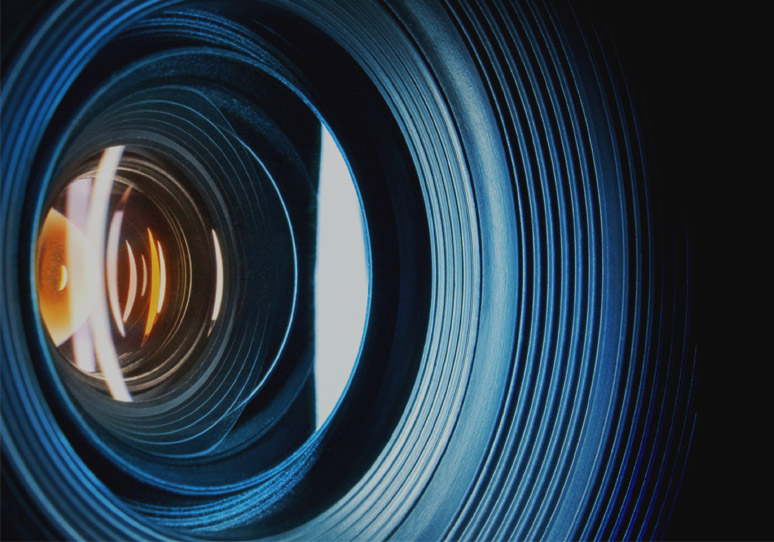
On 25 March 2021, the Court of Appeal refused Johnny Depp permission to appeal against the judgment of Nicol J in Depp II v News Group Newspapers Ltd & Anor [2020] EWHC 2911 (QB).
In their judgment ([2021] EWCA Civ 423), Lord Justice Underhill and Lord Justice Dingemans refused permission because the Appellant had failed to show that Nicol J’s conclusions were “even arguably … vitiated by any error of approach or mistake of law”.
The proceedings, brought by Johnny Depp against News Group Newspapers Ltd, the publisher of the Sun, and Dan Wootton, the writer of the article complained of and the Executive Editor of the Sun, concerned an article published on www.thesun.co.uk on 27 April 2018. This was the most high-profile libel case in 2020 (and arguably in the recent past), and it was heard at first instance by Mr Justice Nicol in July 2020. The trial and the first instance decision were covered at length in the media, and on Inforrm. In his judgment, which was handed down on 2 November 2020, the Judge dismissed the Claimant’s libel claim, on the basis that:
“Although [the Claimant] has proved the necessary elements of his cause of action in libel, the Defendants have shown that what they published in the meaning which I have held the words to bear was substantially true. I have reached these conclusions having examined in detail the 14 incidents on which the Defendants rely as well as the overarching considerations which the Claimant submitted I should take into account. In those circumstances, Parliament has said that a defendant has a complete defence.”
Mr Depp’s solicitors immediately expressed their intention to appeal in the light of the “flawed” nature of the judgment. The appeal was based on seven grounds, developed in the Appellant’s skeleton argument and his Counsel’s oral submissions. The hearing took place on 18 March 2021 and was livestreamed on YouTube (something that could not have been envisaged prior to the pandemic).
The Court of Appeal’s judgment made two preliminary points about the rules on permission to appeal:
“First, the losing party in a civil appeal is not entitled to appeal as of right. They can only do so if they can show either that the appeal would have a real prospect of success or that there is some other compelling reason for it to be heard.
Secondly, on an appeal the Court does not hear the evidence again. That means that in a case like the present, where the decision is based on the judge’s findings about disputed questions of fact, it is not easy to overturn those findings on appeal. […]”
These points were accepted by the Appellant, whose argument was that some aspects of the judge’s reasoning and fact-finding exercise were flawed, as developed in a number of individual complaints.
The focus in oral submissions was on three such complaints, only two of which are dealt with in the open judgment. The first related to admissions made in taped conversations by Ms Heard, which were said to contradict her evidence throughout, and to which Nicol J gave “no great weight”. Contrary to the Appellant’s suggestion, however, the Court of Appeal was satisfied that this was not a general proposition as to the status to be given to witness evidence, but a specific finding in relation to the relevant admissions. The second related to the Defendants’ changing evidence regarding an incident having taken place in March 2013, which the Defendants argued at trial should lead the judge to conclude that the event had been fabricated. The Court of Appeal took the view that the judge, in reaching the conclusion that Ms Heard had simply given an incorrect date for the incident, had adequately considered and addressed the Claimant’s concerns in relation to the evidence.
There are two main points which come out of the Court of Appeal’s judgment, namely that:
- The judge did not make a general assessment of the credibility of Ms Heard, the Defendants’ main witness, which fed into his conclusions of the incidents substantiating the allegation that Mr Depp was a “wife-beater”; and
- His central findings of fact were made on the basis of evidence specifically relating to each of the incidents grounding the allegation, with special attention to the contemporaneous evidence.
Having considered and dismissed each of the grounds of appeal in turn at [24]-[30], the Court concluded at [31] that they did not show any real prospect of success. It stated that the high-profile nature of the case, the devastating nature of the outcome of the trial for Mr Depp, and the potential repercussions of the judgment for victims or alleged perpetrators of domestic abuse did not justify allowing the appeal to proceed absent a real prospect of succeeding.
The Court of Appeal also dismissed the fresh evidence application, which was based on new evidence obtained since the trial regarding whether Ms Heard had, in fact, donated the $7m she obtained in the divorce settlement as she had said she would do. The Court restated the well-established “Ladd v Marshall principles”: namely, that “further evidence should only be admitted for the purpose of an appeal (a) if it could not have been obtained with reasonable diligence for use at the trial; (b) if it would probably have had an important influence on the result of the case; and (c) if it is credible.” The Court considered that limb (b) failed, because that issue had been peripheral to the judge’s findings of fact, and Ms Heard had not even been asked about it in cross-examination. They did not consider whether limb (a) was satisfied but doubted that it would have been.
Mr Depp was refused permission to appeal by the judge, and has been refused now by the Court of Appeal. This means that Nicol J’s decision is now definitive and, as Lewison LJ stated at paragraph 114(ii) in FAGE UK Ltd v Chobani UK Ltd [2014] EWCA Civ 5, the trial of this matter was “the first and last night of the show”.
For further information or advice, please contact Mathilde Groppo.





